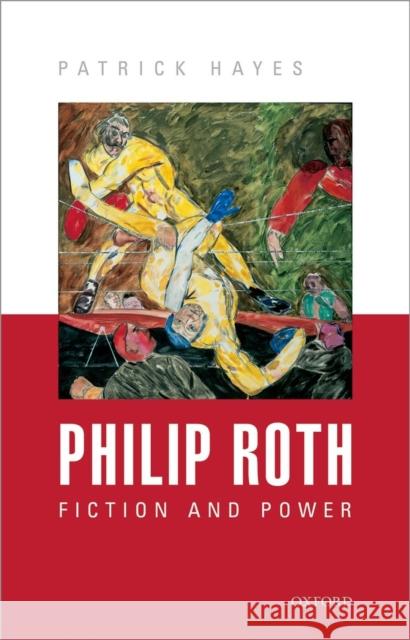Philip Roth: Fiction and Power » książka
Philip Roth: Fiction and Power
ISBN-13: 9780199689125 / Angielski / Twarda / 2014 / 276 str.
Philip Roth is widely acknowledged as one of the defining authors in the literature and culture of post-war America. Yet he has long been a polarising figure and throughout his long career he has won the disapproval of an extremely diverse range of public moralists -- including, it would seem, the Nobel Prize committee. Far from seeking to make Roth a more palatable writer, Patrick Hayes argues that Roth's interest in transgressing against the 'virtue racket', as one of his characters put it, defines his importance. Placing the vehemence and unruliness of human passions at the heart of his writing, Roth is the most subtle exponent of a line of thinking that descends from Nietzsche and which values the arts for their capacity to scrutinise life in an extra-moral way. Philip Roth: Fiction and Power explores the depth and richness of insight that Roth's fiction thereby generates, and defines what is at stake in his challenge to widely-held assumptions about the ethical value of literature. As well as examining how Roth emerged as a writer and his main lines of influence, it considers his impact on questions about the nature and value of tragedy, the relevance of art to life, the relationship between art and the unconscious, the concept of the author, the idea of a literary canon, and how fiction can illuminate America's complex post-war history. It will appeal not only to readers of American literature, but to anyone interested in why literature matters.











